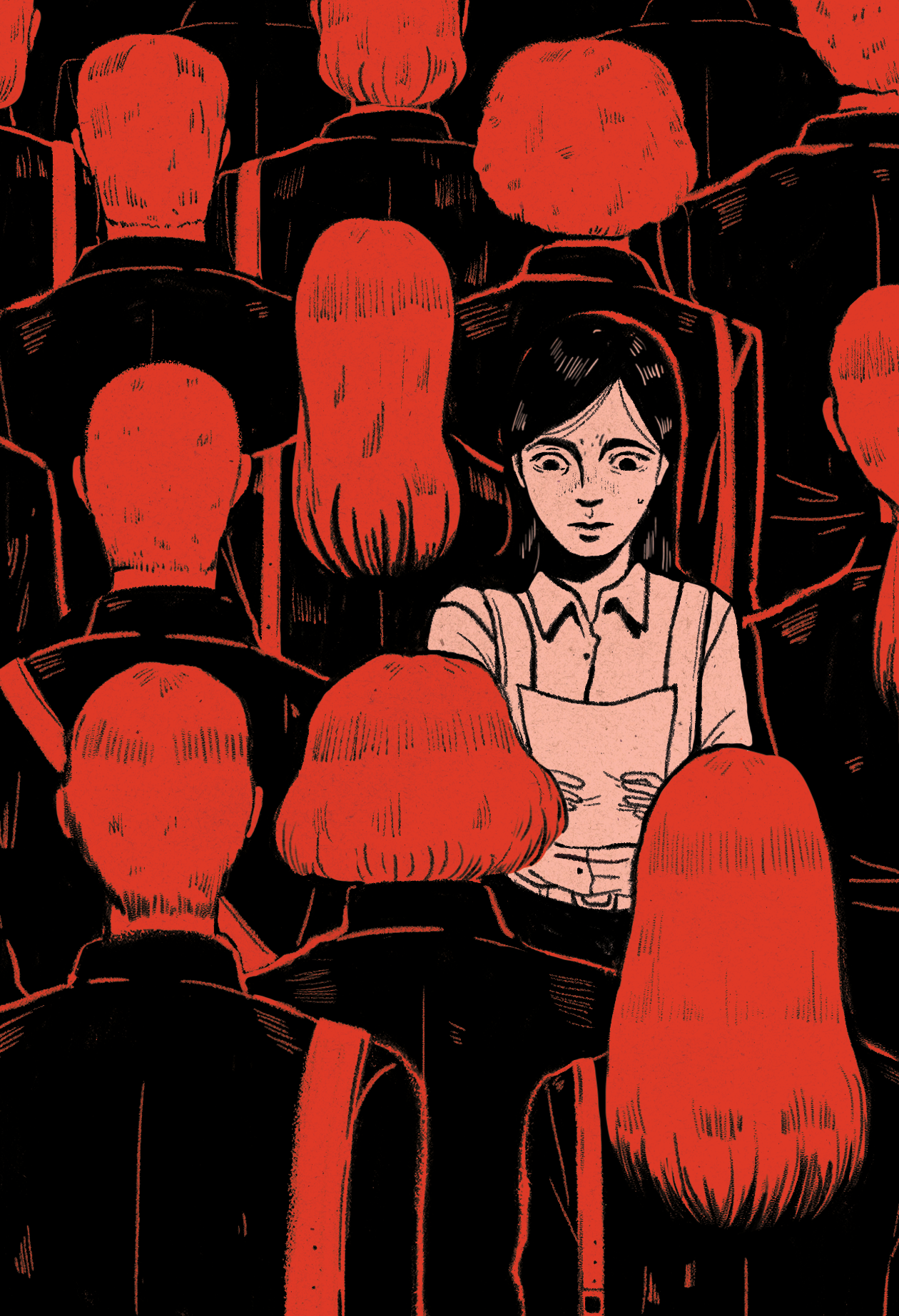
Unless you are the parent of a young adult in their twenties or late teens or happen to be one yourself, it is remarkably easy to ignore the 15 to 29 demographic entirely. We thank them when they make our lattes, intern for a summer at our company, or ring in our souvenir purchase when we’re on vacation, but then we return to the status quo and pay them little mind as we go about our days.
The problem is that the status quo is simply unsustainable for the young people who comprise almost 20 percent of Canada’s population.
A recent Statistics Canada report noted that youth and young adults currently have a lower quality of life and are less hopeful due to rising interest rates, inflation, and continued fallout from the pandemic, among other factors. Youth unemployment is more than twice the national average, and in September 2023, the number of young people involuntarily employed part-time (meaning they wanted full-time work but couldn’t find it) rose 31 percent from the previous year and 37 percent from 2021.
“Young people who graduate from school when the economy’s weak often find it harder to get a job, and that has long-term implications for them,” explains Walid Hejazi, Professor of Economic Analysis and Policy at the University of Toronto’s Rotman School of Management. “It’s not just the loss in their income, either—there are social implications as well.”
This may seem like a “them” problem, but the fallout reverberates through every sector, every segment of the population, and every level of government. Youth unemployment—and underemployment, when they settle for low-paying placeholder jobs to make ends meet—has widespread economic impacts that most Canadians have traditionally ignored. But that needs to change.
A vicious cycle
As the Bank of Canada continues to raise interest rates to try to slow the economy—which will also slow the job market—it will only get more challenging for young people in an already tough job landscape.
“There are still young people getting jobs and good salaries, but there appears to be a disproportionate number in this cycle who are not fully integrated into the labour market,” notes Hejazi. “For those people, there will be long-term effects as a result of not getting a good start right out of school.”
A 2023 report published by HSBC, in partnership with the Prince’s Trust Group, found that 15 percent of young people aged 18 to 34 are currently working more than one job and of those, 33 percent need to work multiple jobs to cover their basic needs.
“Some companies may strategically decide to keep employees at a particular level, so they don’t have to give them the benefits, among other things,” explains Hejazi. “What often ends up happening is these people not only pay lower taxes, which impacts government tax revenue, but they’re not fully integrated into the labour market or into society because they end up staying at home longer.”
It’s a vicious cycle: when young people aren’t fully participating in the economy, there are tremendous impacts on government finances and economic activity, but also on families, as youth take longer to move out.
By the Numbers

5.5%
Canada’s overall unemployment rate in September 2023.
10.5%
Canada’s youth unemployment rate in September 2023.
43%
Proportion of Canadians aged 20-29 who continue to live with one parent.
$41,200
Median income of Canadians aged 16 and over in 2021.
$25,000
Median income of Canadians aged 15-24 in 2021.
“When people are out of the labour market for some period of time, there are material impacts on their productivity and on their job market fit going forward,” Hejazi notes, and there’s also often a skills mismatch in terms of where they end up working because they take the first job that comes available. In the case of equity-deserving youth, the impact reaches even further, negatively affecting the aspirations of younger siblings. “If an older brother or sister gets [a degree] and does not do as well as expected, then the incentive to pursue higher education is mitigated,” he adds.
Looking for solutions
Prince’s Trust Canada, a social profit enterprise founded by His Majesty King Charles III that focuses on youth employment initiatives, is issuing a call to arms across all sectors to help build out strategic, sustainable solutions to address the mounting challenges young people are up against.
“This is a crisis. People don’t want to think of it as a crisis, but it is,” Farah Mohamed, CEO of the Prince’s Trust Canada, says of youth unemployment. “How many more statistics, studies and stories do we need before we take action?”
Even when the economy is doing well, why is it so hard for young people to find that elusive good first job? After all, there are plenty of entry-level positions advertised on job sites.
Even entry-level jobs require up to three years of experience and a degree. And while that experience might come from an internship, paid internships often require prior experience, and not everyone can afford to work in an unpaid internship.
“Right there, we’re setting a barrier to entry,” notes Mohamed.
The cards are even more stacked against equity-deserving youth and those who cannot afford a degree. In the end, this only exacerbates inequity in the workforce and in Canadian society writ large.
“This is a crisis. How many more statistics, studies and stories do we need before we take action?”
Prince’s Trust Canada CEO Farah Mohamed
It’s a problem that needs to be solved because Canada is about to see a mass grey exodus from the workforce as Baby Boomers hit retirement age, which will also decrease tax revenue. Who will replace those retirees if young people are not already in junior roles, preparing to move up the ranks?
“Ultimately, the current system is not working, and this has significant follow-on repercussions for our economy and society,” notes Mohamed. “We see the iceberg, and we know we need to avert it. All levels of government, and both the private and social profit sectors, need to come together and do something bold and fast so that we can get ahead of it before it’s too late.”
While Prince’s Trust Canada provides training and mentorship to youth to help them successfully climb the corporate ladder, they can’t go at it alone, warns Mohamed. The youth underemployment crisis is an all-hands-on-deck situation.
“There has to be a big effort to provide solutions because the longer these young people are out of the labour market, the more difficult it is for them to get back in,” explains Hejazi.
“And anything government and businesses can do to help young people find success out of the gate is better for each individual, but also better for the economy, long term.”
Visit PrincesTrust.ca For More Information







